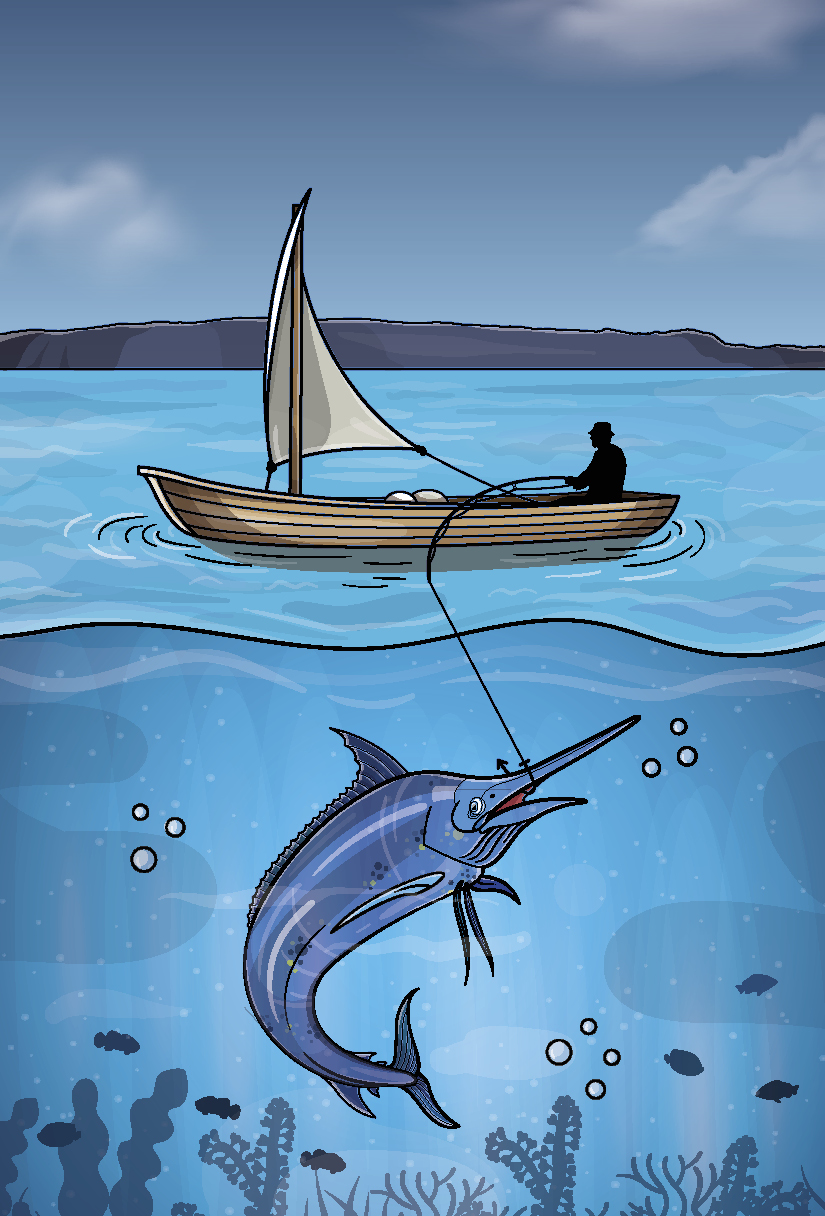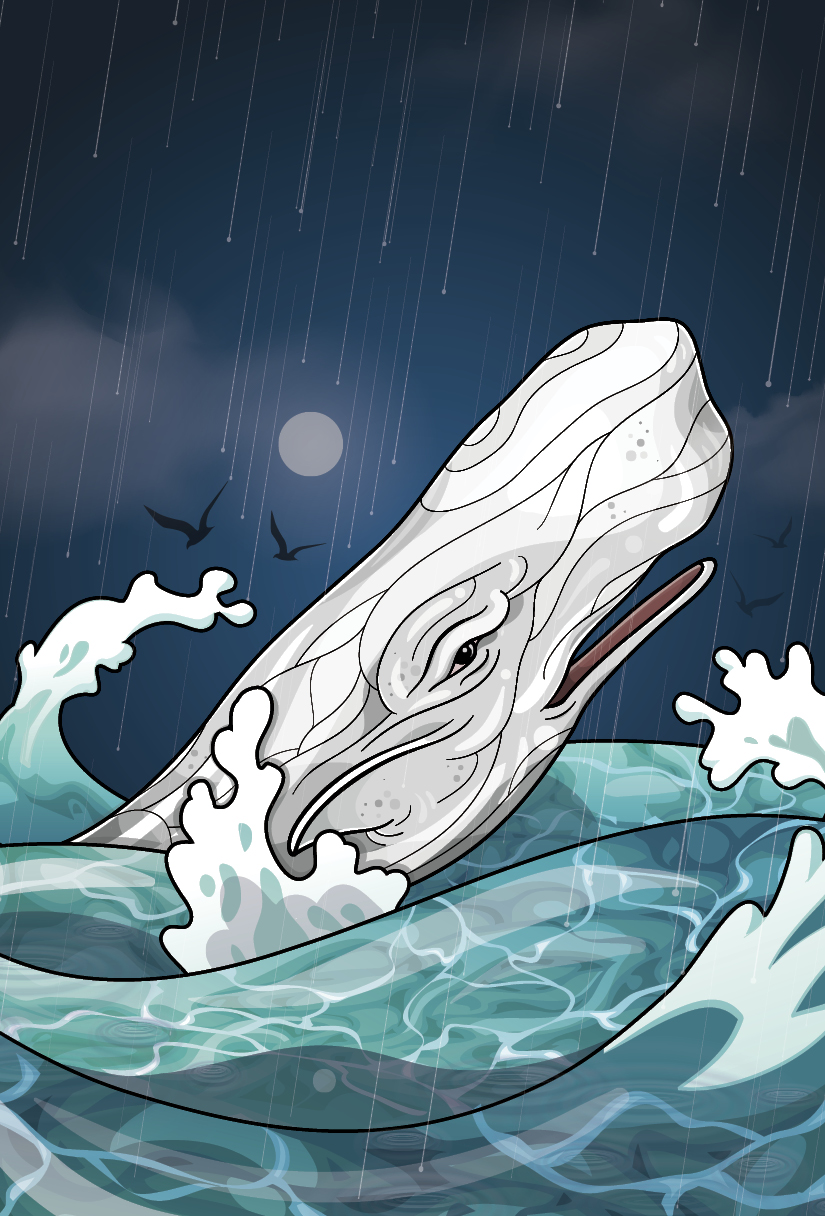Denmark Ranked Least Happy Country (in 1603)
William Shakespeare’s The Tragedy of Hamlet
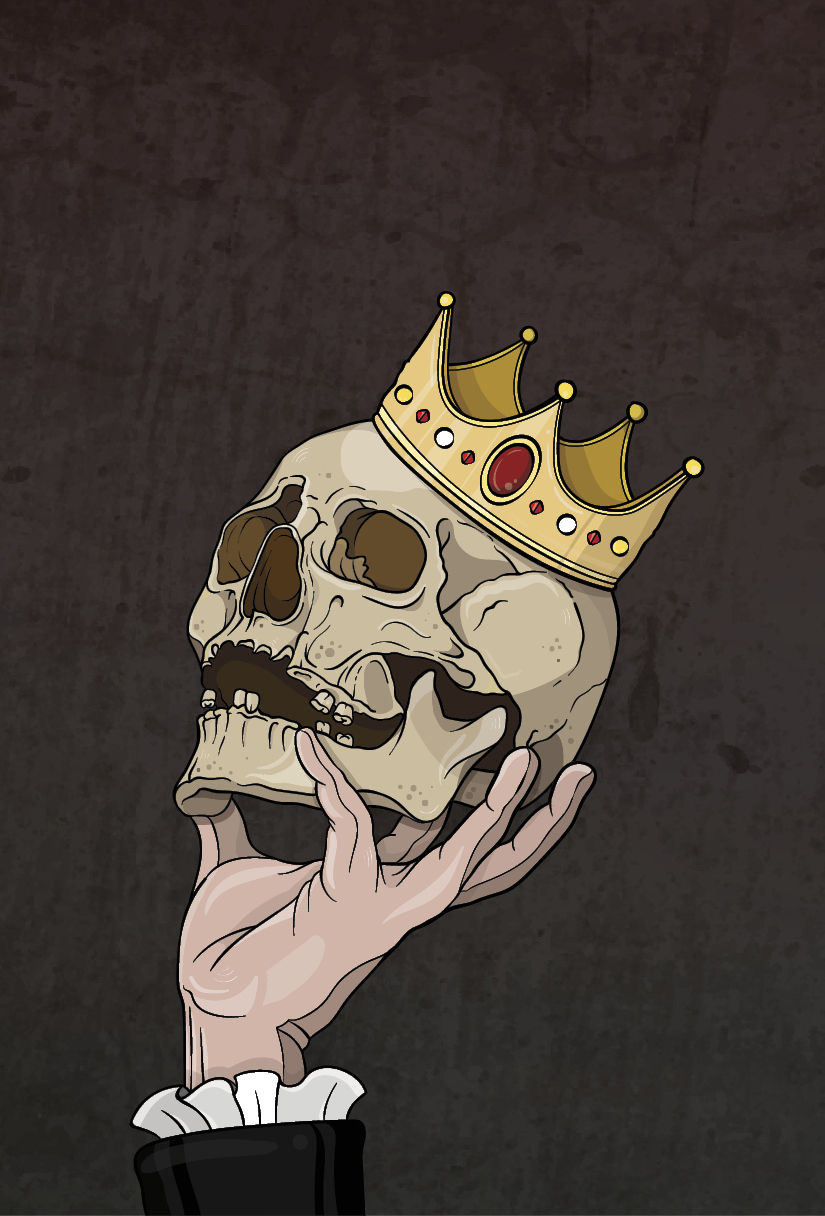
It’s a story that reads like a juicy tabloid: “Newly widowed queen marries brother-in-law, ghost cries foul play.” Poor Hamlet. When the apparition of his dead father, once king of Denmark, appears to him one night, to tell the young prince it was none other than his uncle who poured poison in his ear, Hamlet must decide: Can he trust what he saw? After all, grief can play tricks on the mind.
Full of doubt, Hamlet cannot decide whether to kill his uncle or not. He dithers, playing at madness to buy himself time while he desperately tries to uncover the truth. As the clock ticks down, the collateral damage grows – first, he kills the wrong man, then his girlfriend commits suicide, then he sends his best friends to their deaths in England, then his mother accidentally drinks poison intended for him, then Hamlet (finally) stabs his uncle-stepfather, then his girlfriend’s brother dies from poisoning, then (yeah…one more to go!) he dies himself – also by poison. Whew! Eight deaths in exchange for one murdered king. Tarantino would be proud.
What It’s About
The ghost of King Hamlet appears and tells his son, Prince Hamlet, to avenge his father’s death. Hamlet’s uncle, Claudius, murdered King Hamlet and married his widow after the deed. By the end of the final act, all the main characters are dead.
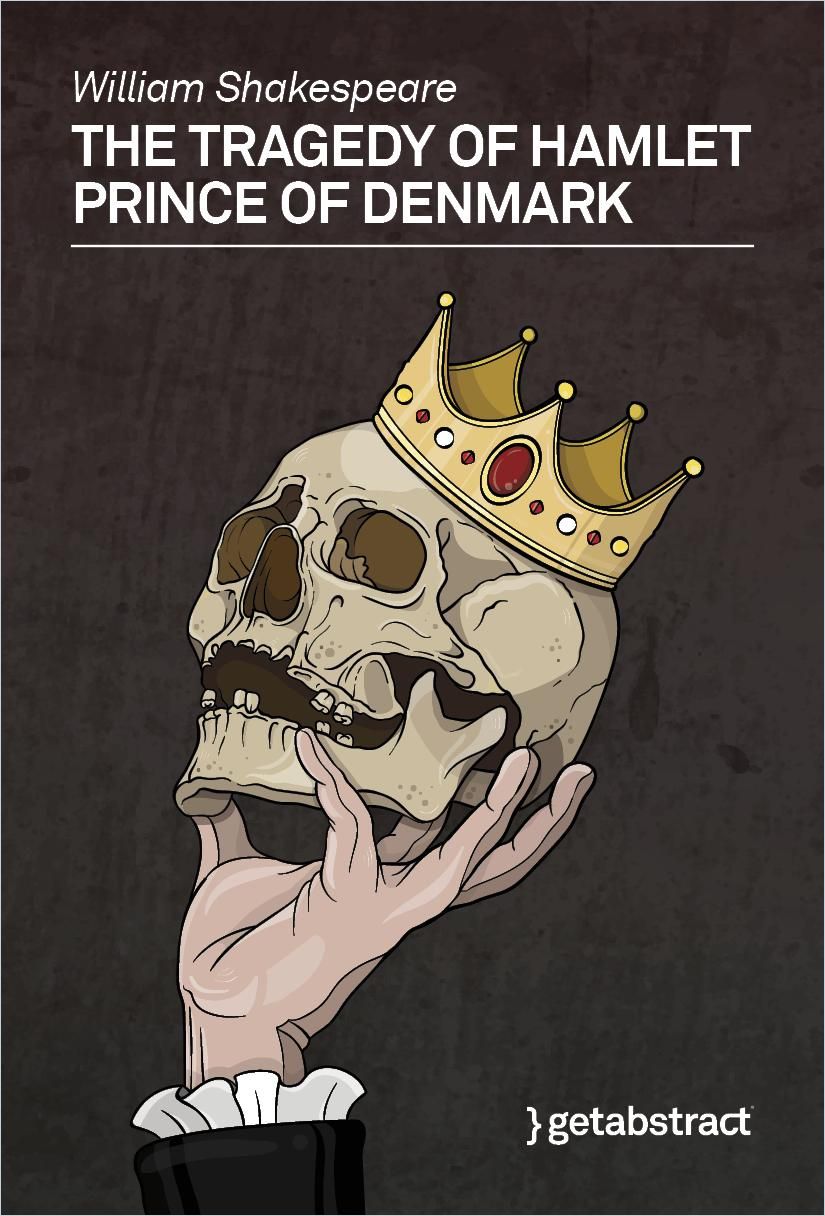
Three Life Lessons
1. Avoid Being a Cliché Like the Plague
One of the most-frequently quoted lines from Hamlet – “To thine own self be true” – comes from a fool: Polonius, chief counsellor to the king and epic windbag. And let’s face it, the quote looks fantastic imposed over a Juno-filtered sunset shot on Instagram, preferably with a skinny, tanned influencer staring off into mountains. But the clever people posting such dribble are missing the point: Polonius delivers the famous line amid a cliché-ridden ramble of hypocritical advice to his son. The man has no real character or substance (what, you’re right, makes the quote suitable for at least some influencers). While it’s all well and good to say things that sound inspirational, the real value in life comes from your actions.
2. “Brevity Is the Soul of Wit”
No one likes a waffler. Keep it simple.
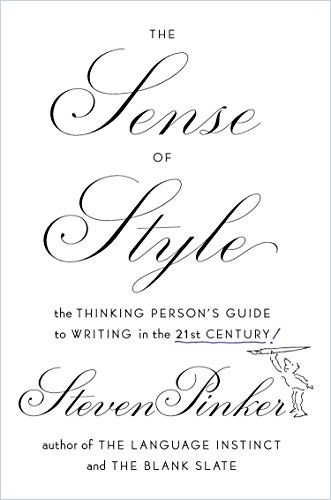
3. Vengeance Leads to Misery
While your uncle might not have murdered your father and married your mother (I’m guessing), we’ve all experienced our own frustrating, little family transgressions. It can be tempting, and initially even a bit satisfying, to take some act of petty revenge. But, as Hamlet learns, this will only come back to – metaphorically – stab you with a poison-tipped fencing sword. Instead, look for healthy ways to deal with your anger. Thanksgiving is messy enough on its own.
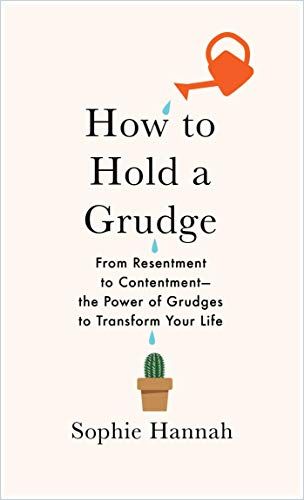
Look, we’ve all been there: standing in an open grave, majestically holding up the skull of your childhood playmate as you soliloquize on the meaning of life. Hamlet had been through a lot and was understandably not quite feeling himself, plus winter in Denmark is dreary business; it’s very likely the prince was suffering from SAD. But maybe, rather than causing mass death, Hamlet could have taken a relaxing, little vacation. Perhaps gotten some sunshine on the Costa Brava to top up those vitamin D levels. On second thought, Spain did have its own issues right around that time….
Hamlet says: Mommy, what are you and Uncle Claudius doing?
Rosencrantz and Guidenstern say: Can’t wait for some of that famous English hospitality!


